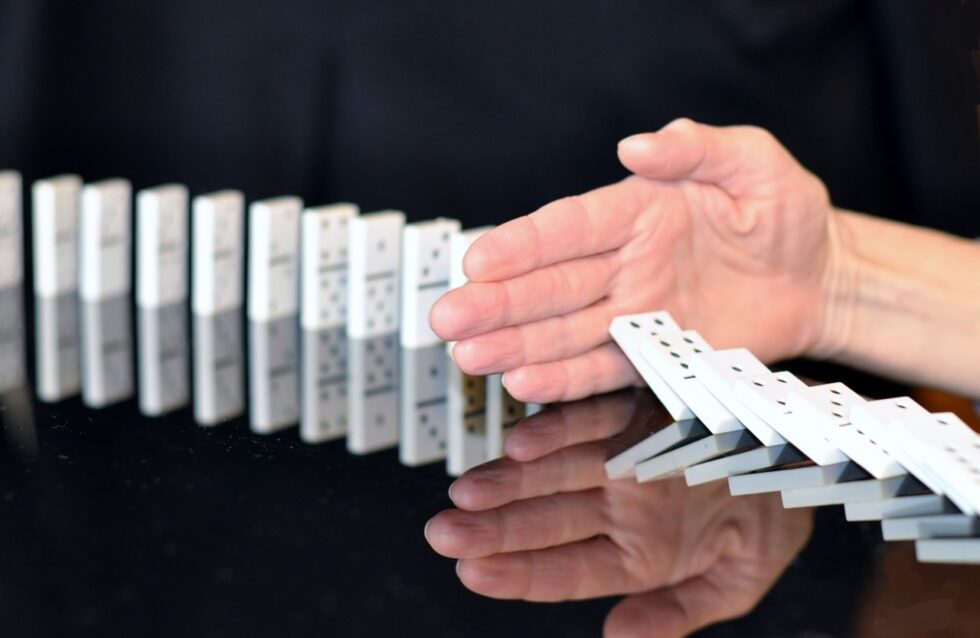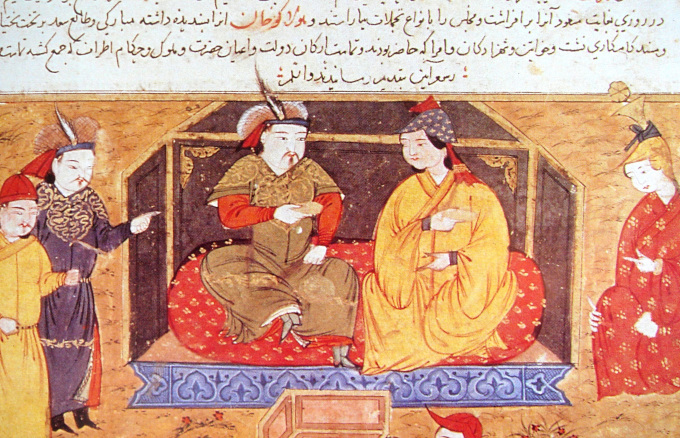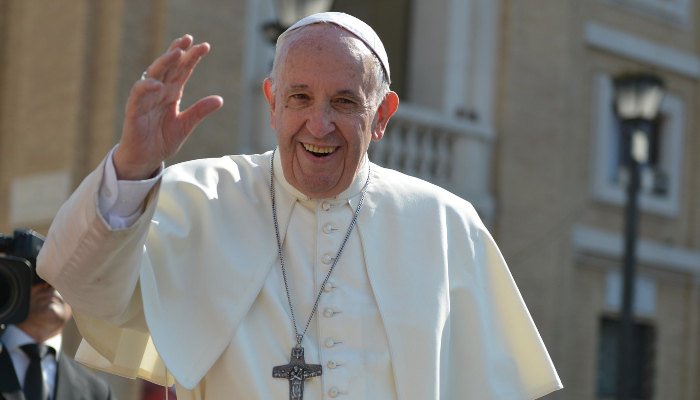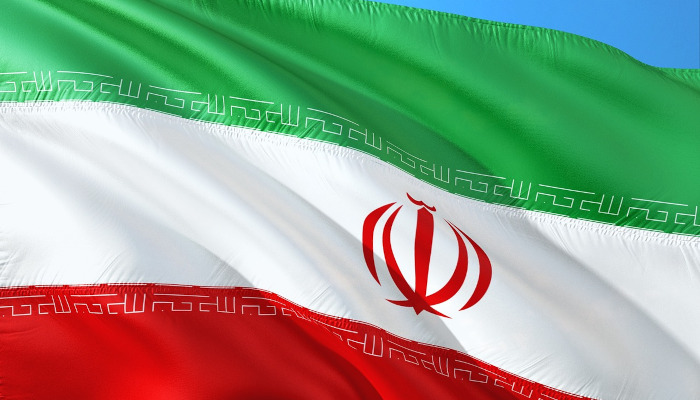
A decade after the Syrian Jasmine Revolution’s unsuccessful struggle against Assad, the same revolutionaries defeated him in a week. What made the difference? Previously, Russian and Iranian military support propped up the regime. Now, those old allies are preoccupied elsewhere, depleted of their forces, and unable to provide the blood transfusions that once kept the moribund regime alive. The wars in Ukraine and Gaza made the difference.
It’s still unclear whether the rebels will capture Tartus, the only Russian port in the Mediterranean. There are pros and cons to a takeover, and it’s uncertain how deeply the rebels and their Turkish allies will decide to stab Moscow’s pride.
What is clear is that a year after the October 7 attacks, their likely backer, Iran, is the region’s big loser. It has lost most of its proxies—Hamas, Hezbollah, and now Assad. Yemen’s Houthis are under threat, Iraqi militias are retreating, and the once-bold Revolutionary Guards are becoming cautious, fearing backlash from the regular army or the populace, 80% of whom oppose the extremist and corrupt clerics.
The changes in the past decade were due to wars and regional politics. Most nations once aligned with the Palestinian cause were pleased to see Israel eliminating Iranian agents this year. The Abraham Accords, which outlined a framework for new regional peace, provided a crucial backdrop for diplomacy, shaping a new power balance without the Ayatollahs. Additionally, the Pope’s outreach to common Muslims, disillusioned by some of their extremist priests, contributed to these conditions that supported the Israeli offensives and now the Syrian rebels’ victory.
The future remains unclear. Tartus is currently secure but beholden to the decisions of Damascus’ leaders and their Turkish sponsors. Talks are certainly underway, but the outcomes remain uncertain. Poland will assume the EU’s rotating presidency in January, opening discussions with Russia on Ukraine, setting the stage for US President Donald Trump, who will take office on January 20.
A major issue is whether Syria can be stabilized or if it will become a political black hole like Libya. This will depend on many factors, including Iran’s behavior: will it engage in dialogue and adapt to the changing reality, or continue its old ways? After 40 years under the ayatollahs, Iran might be riper for change than Russia is after 20 years of Vladimir Putin’s rule. The army resents the Ayatollahs’ control, and most of the population shows their opposition to clerical rule by voting for moderate leaders or abstaining from elections.
It will also depend on Russia’s stance towards Iran and China’s response. The fall of Syria raises the specter of a domino effect of revolutions that could reach Iran and potentially concern China, as paranoid individuals in Beijing might fear. Beijing now faces difficult decisions. If it steps in to support hardliners in Moscow or Tehran, it risks getting entangled in conflicts and situations beyond its control. Keeping its distance could accelerate changes that may isolate and threaten Beijing. Thus, it should consider opening back channels to Washington and exploring alternative strategies to escape this predicament. Yet, uncertainty looms, casting a shadow over decision-making in Tehran.









